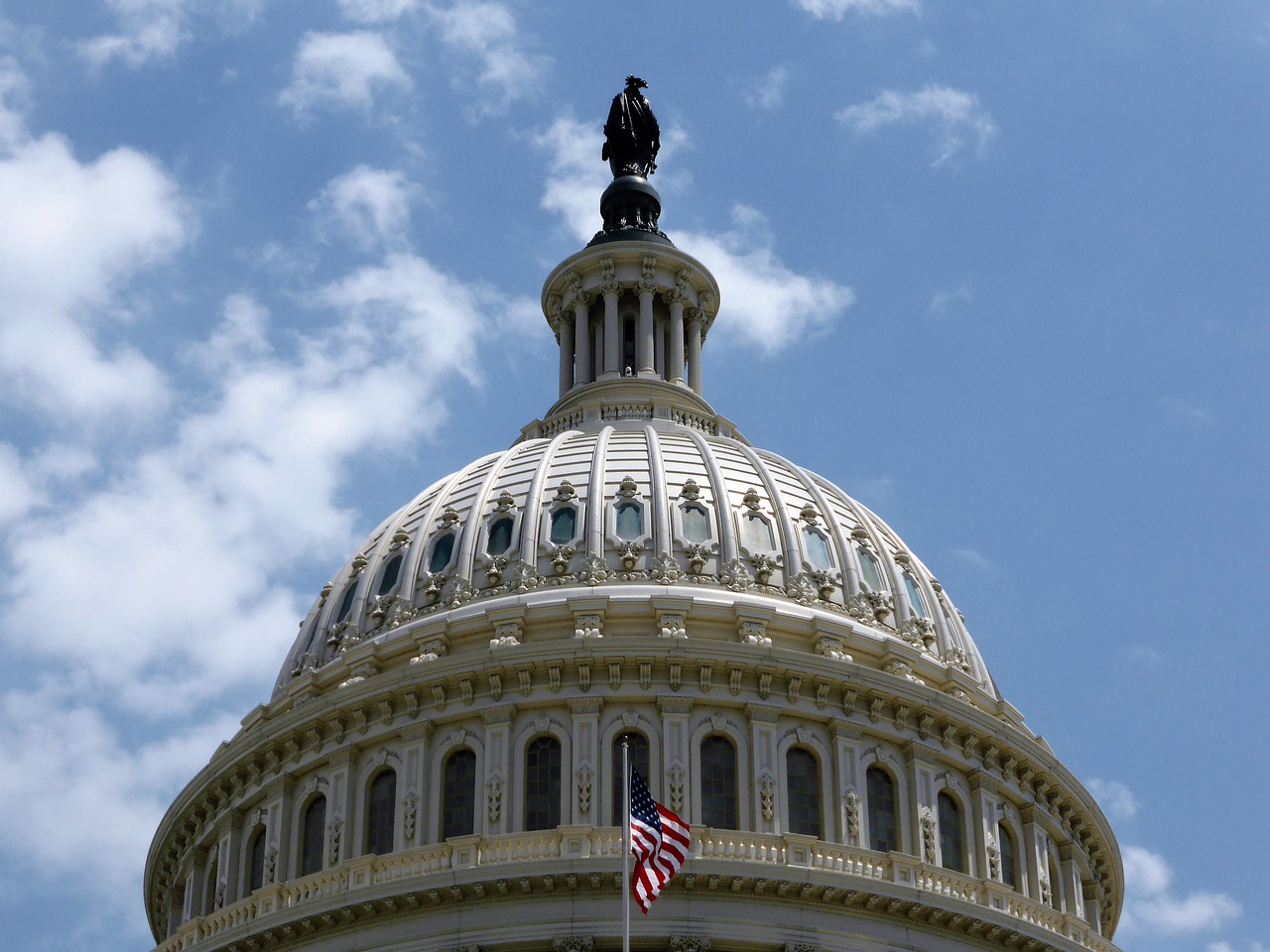Viewpoint: The Problem With ‘Coming Out’
Frank Ocean. Ellen DeGeneres. George Takei. Megan Rapinoe. Neil Patrick Harris. Wanda Sykes. Sam Smith. Abby Wambach. Collin Martin. What do these celebrities all have in common? They are all openly LGBTQ.
In recent years, the number of professional athletes, actors, musicians, and comedians who have come out as LGBTQ has been growing as acceptance and strides toward equality have become more widespread.
Many members of the LGBTQ community and allies are excited any time a celebrity or friend comes out as gay, lesbian, bisexual, or queer.
But for those of us in the LGBTQ community, why do we “come out” in the first place? Who decided that coming out is a rite of passage for non-heterosexual folx but unnecessary for straight people?
When we choose to emphasize someone’s sexuality as an interesting part of their identity, whether to denounce it or celebrate it, we are declaring it abnormal.
If someone expresses a romantic or sexual interest in someone other than a member of the opposite gender, they are pressured by their peers to identify their sexuality so that others can feel that they better understand the person. Ironically, categorizing usually leads to an overly simplified and limited understanding of someone’s identity.
The fact that we demand that LGBTQ folx announce their sexuality but would laugh at a straight person announcing theirs shows that our society still views non-hetero sexualities as deviant from the norm.
At a time when about 20 percent of Americans aged 18-34 identify as LGBTQ, we need to stop pretending that the LGBTQ community constitutes a tiny minority of the population.
The concept of “coming out” serves to perpetuate the idea that heterosexuality is the norm, and if someone does not fall into that category, then they need to openly declare their sexuality.
It is absolutely important to have safe spaces for members of the LGBTQ community. The struggles and obstacles LGBTQ folx have faced are real and valid.
That doesn’t mean that we need to make a big deal of “coming out.” The entire process serves to simplify a person’s identity for the sake of others rather than to actually help them come to terms with it themselves. It also forces folx to place a label upon themselves that they may feel they need to hold tightly to even if they realize in the future that the label they chose may not accurately represent them.
In the current climate, coming out is an important step for some LGBTQ people on the road toward a stronger sense of identity. But as we look toward the future, we should aim to create a culture that celebrates differences and dissolves the idea of a “norm” from which people deviate.
We don’t need to identify a default sexuality. And if you’re someone that’s in the process of figuring out your sexuality, I have a suggestion:
Label it, or don’t. But whatever you choose to do, make that decision because it’s helpful for you, not because it’s easier for other people to grasp.
Be authentic with yourself.
If that means declaring yourself to be gay, then by all means, scream it from a rooftop. But if your authenticity means continuing to live your life exactly like you have been without labelling yourself for the benefit of others, I urge you to resist the pressure to place yourself into a box.




